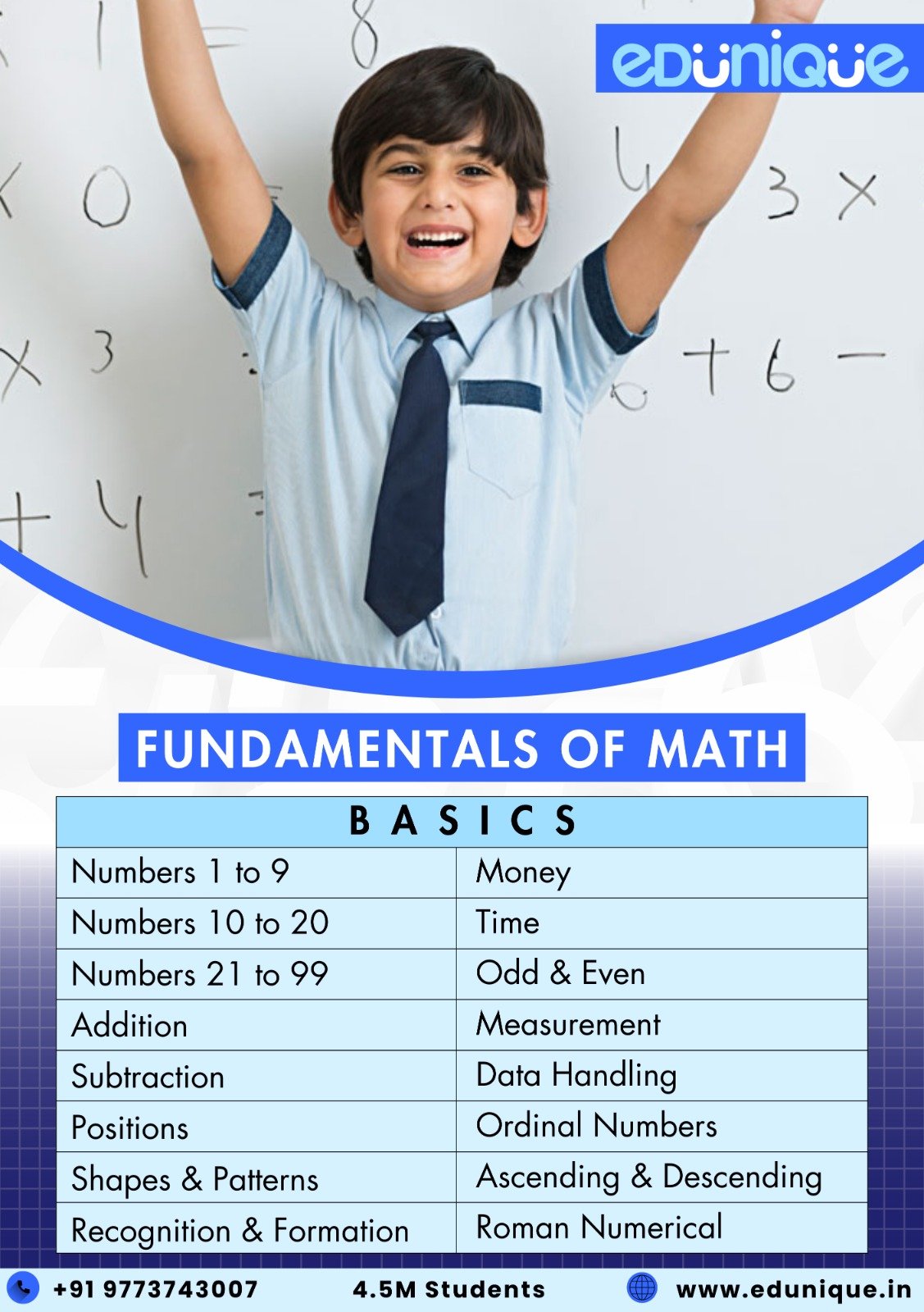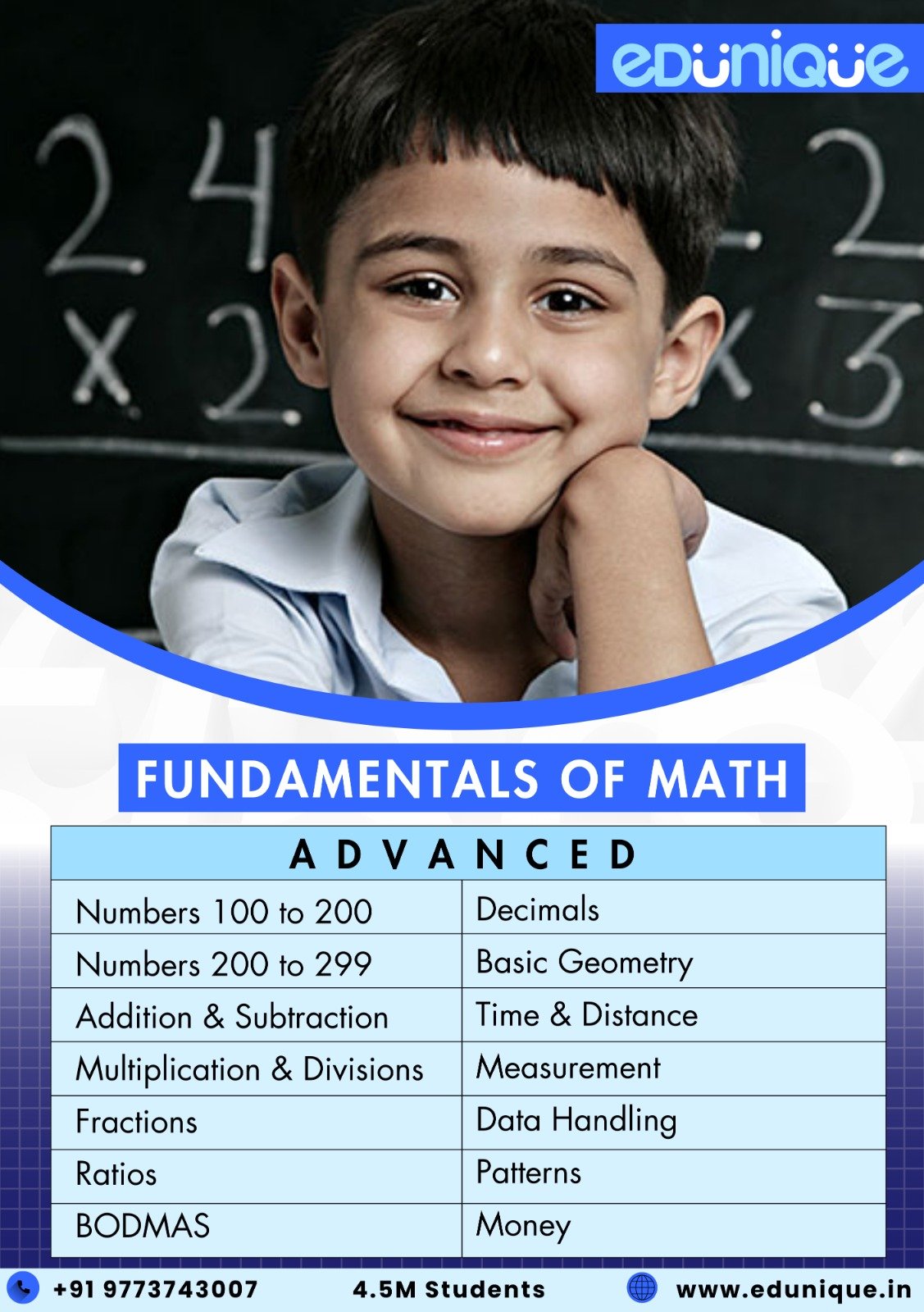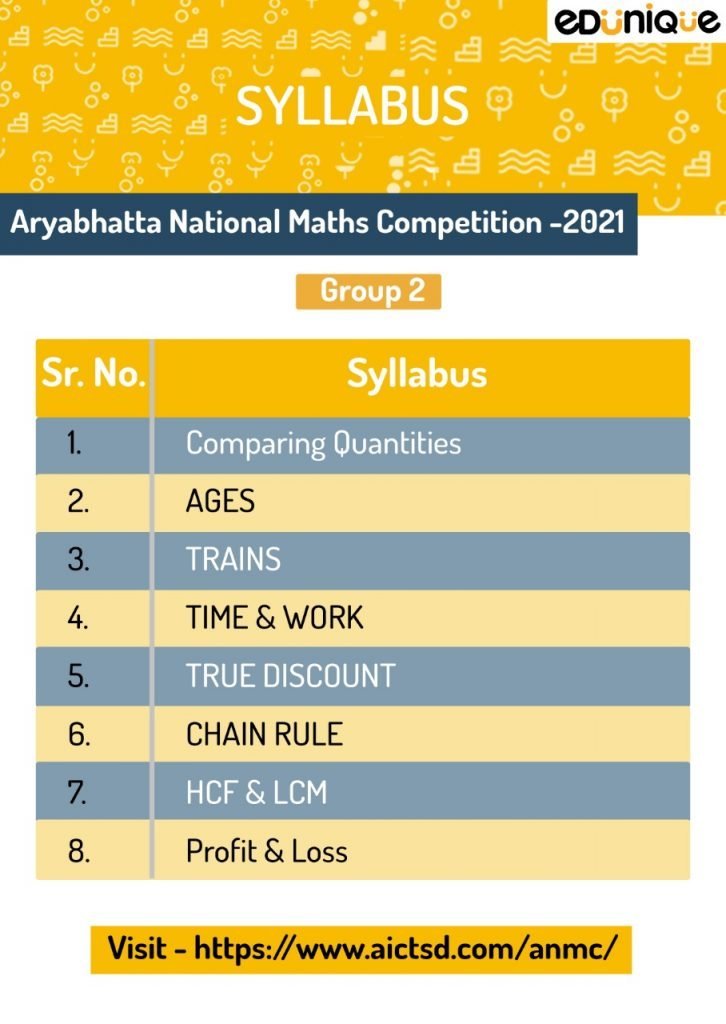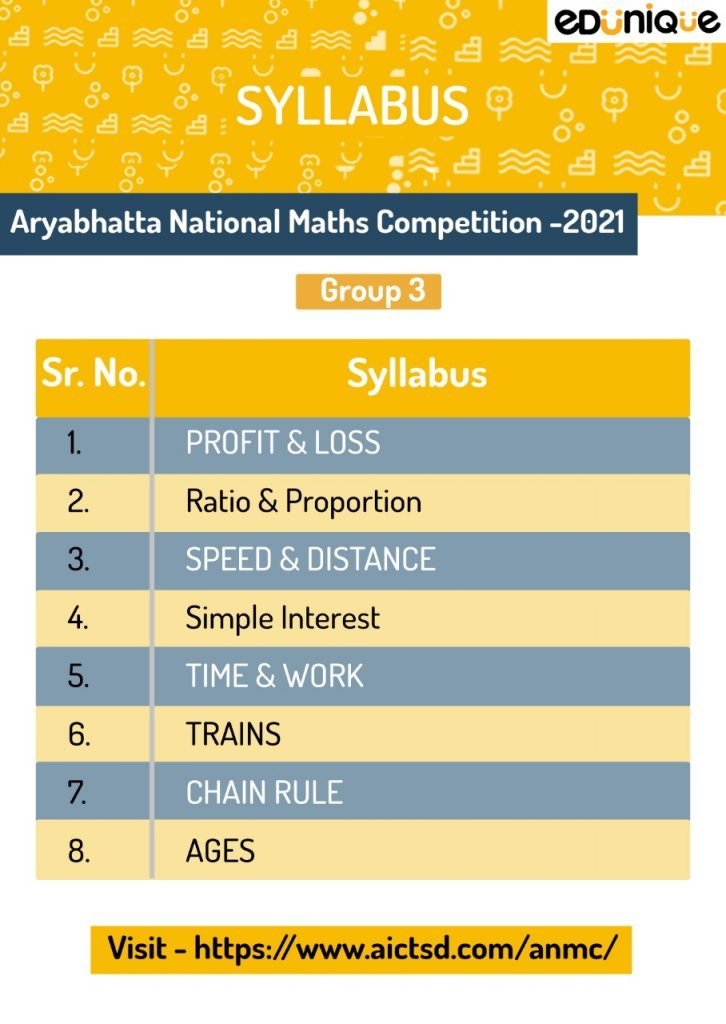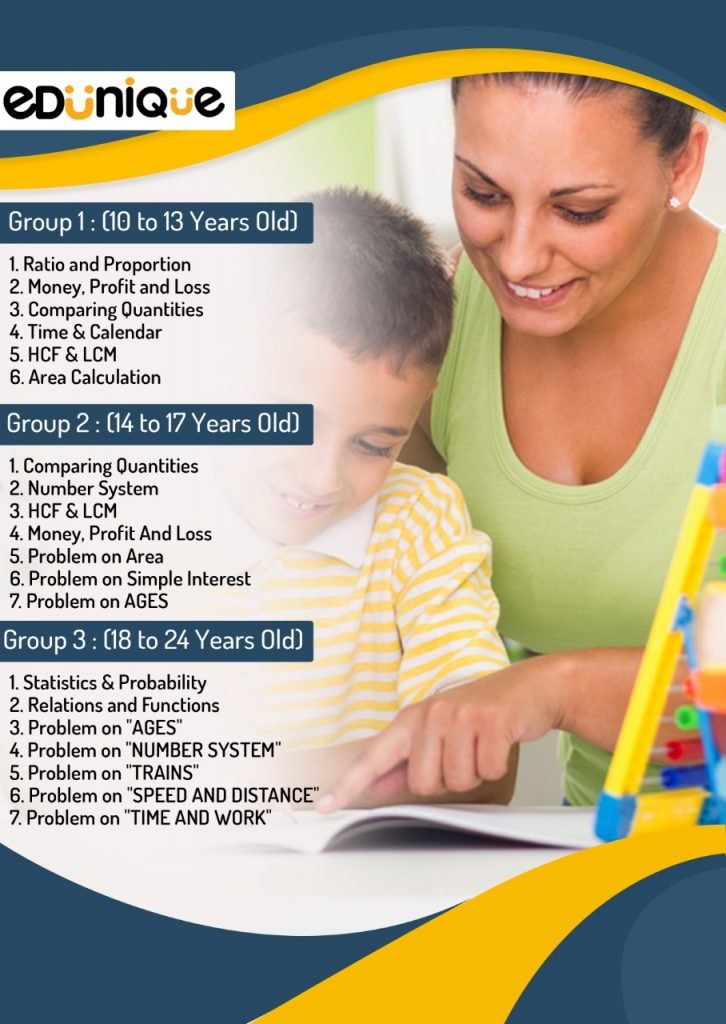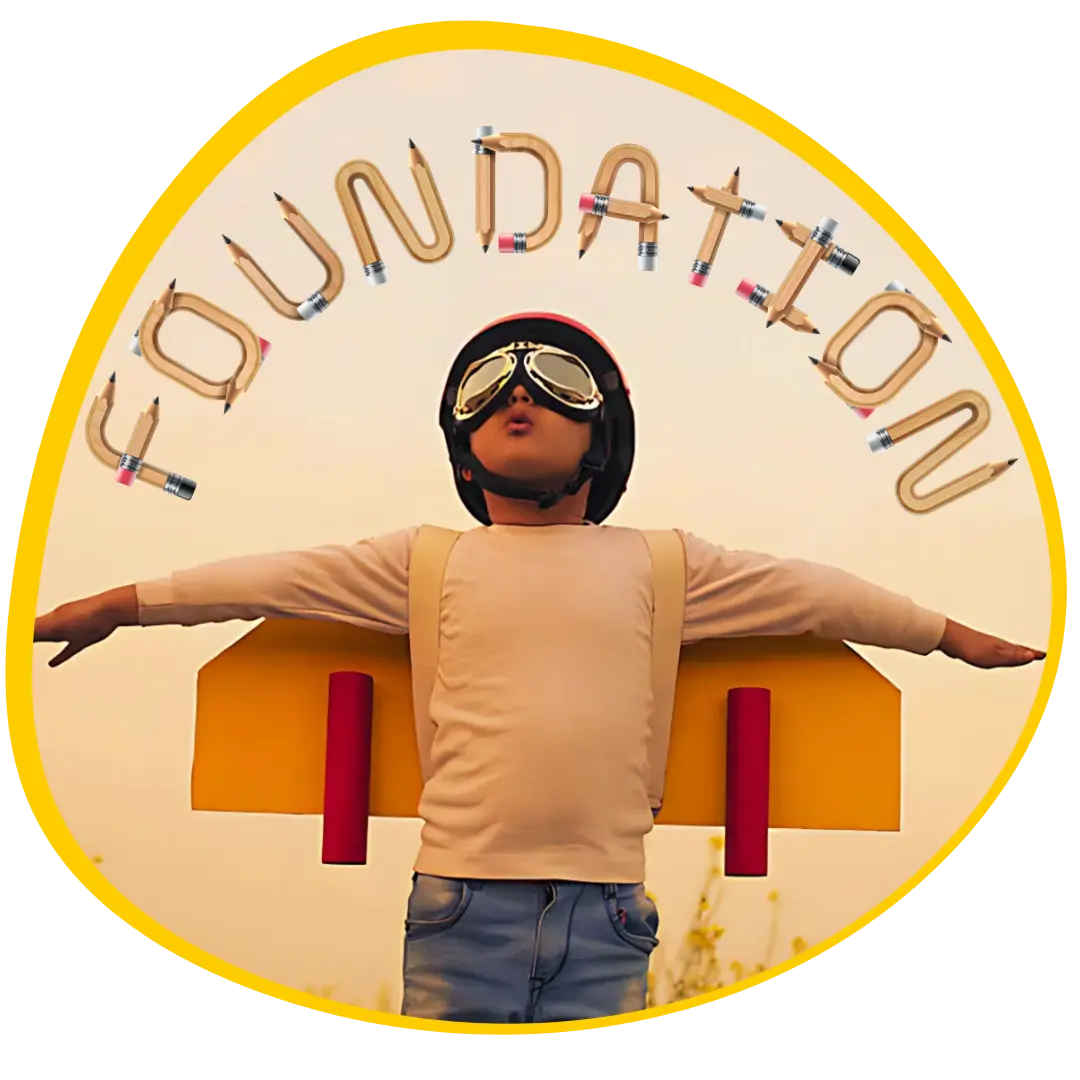
Foundation Courses
for Future Success
& Growth
Foundation Courses
for Future Success
& Growth
For Age 4 to 18
Take on the future,
step by step

Foundation Courses Offered

Mathematics Foundation Course
- Customized Curriculums & Plans
- Individualized Classes
- Skill Development
- Mentoring
- Free Content

English Foundation Course
- Customized Curriculums & Plans
- Individualized Classes
- Skill Development
- Mentoring
- Free Content

Spoken English & Vocabulary
- Customized Curriculums & Plans
- Individualized Classes
- Skill Development
- Mentoring
- Free Content

Creative Writing
- Customized Curriculums & Plans
- Individualized Classes
- Skill Development
- Mentoring
- Free Content

Phonics and Super Readers program
- Customized Curriculums & Plans
- Individualized Classes
- Skill Development
- Mentoring
- Free Content
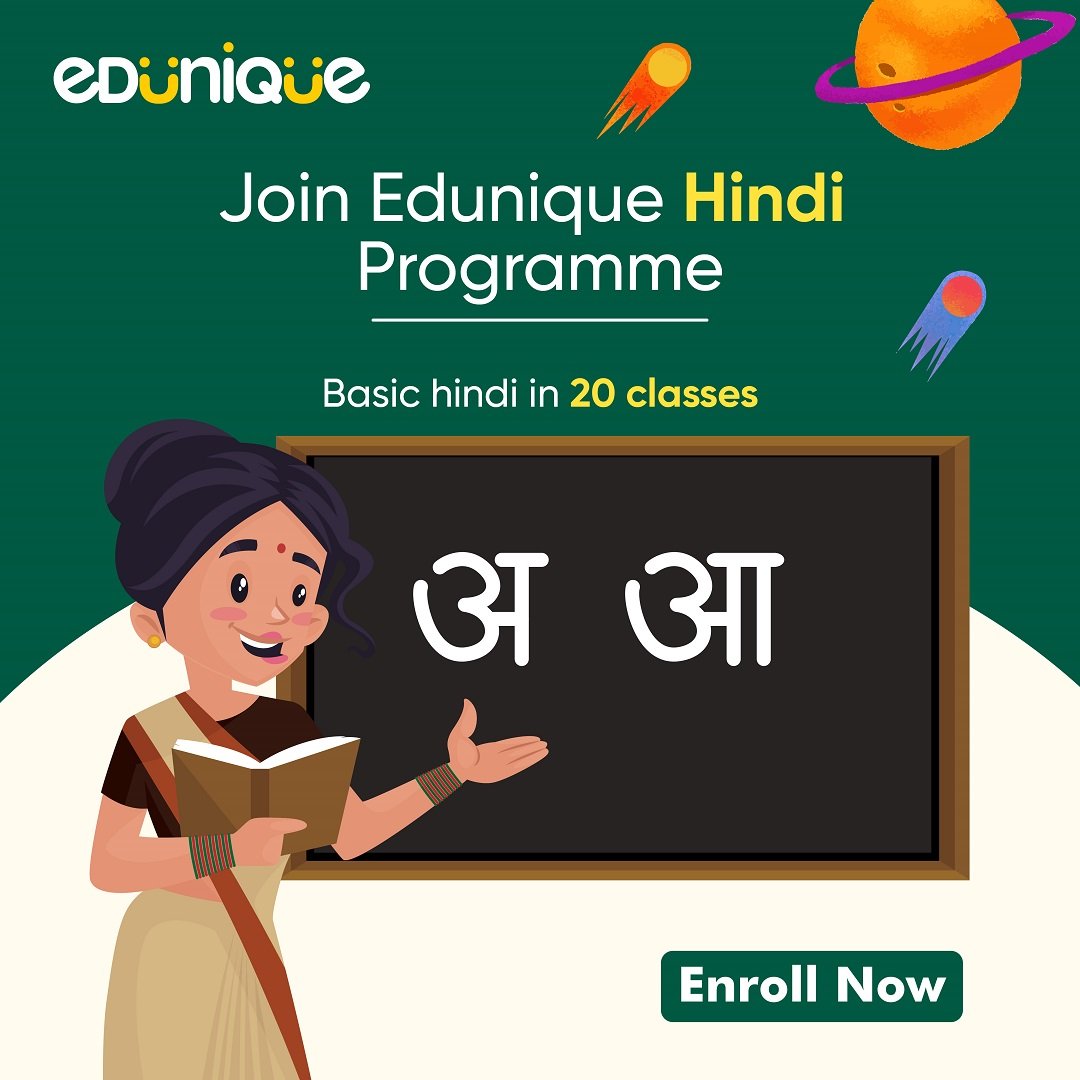
Hindi Course
- Customized Curriculums & Plans
- Individualized Classes
- Skill Development
- Mentoring
- Free Content
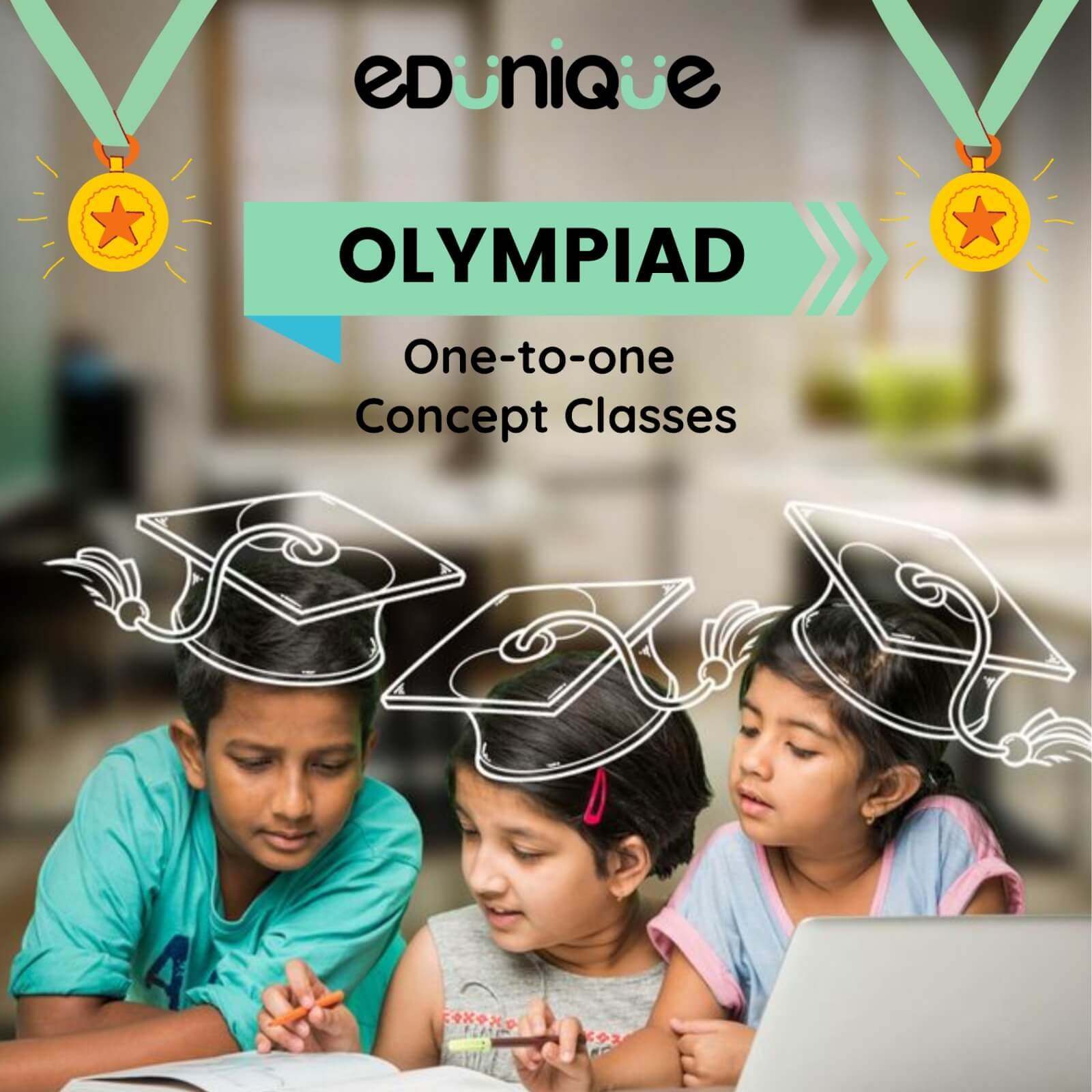
Crash Course - Olympiad (IMO, Aryabhatta, Ramanujan)
- Customized Curriculums & Plans
- Individualized Classes
- Skill Development
- Mentoring
- Free Content
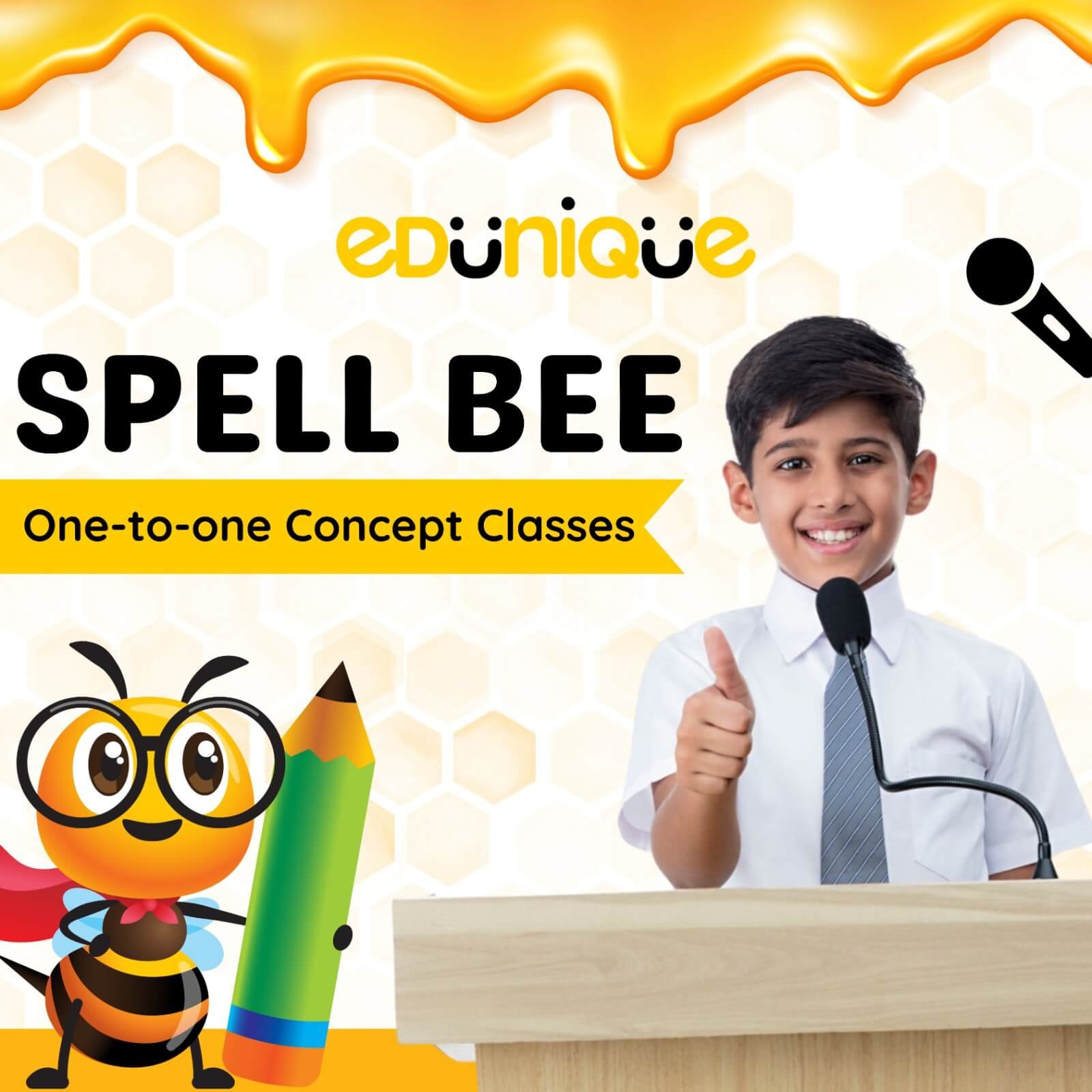
Crash Course - Spell Bee
- Customized Curriculums & Plans
- Individualized Classes
- Skill Development
- Mentoring
- Free Content

Crash Course - Hand Writing
- Customized Curriculums & Plans
- Individualized Classes
- Skill Development
- Mentoring
- Free Content

Foreign Languages
- Customized Curriculums & Plans
- Individualized Classes
- Skill Development
- Mentoring
- Free Content
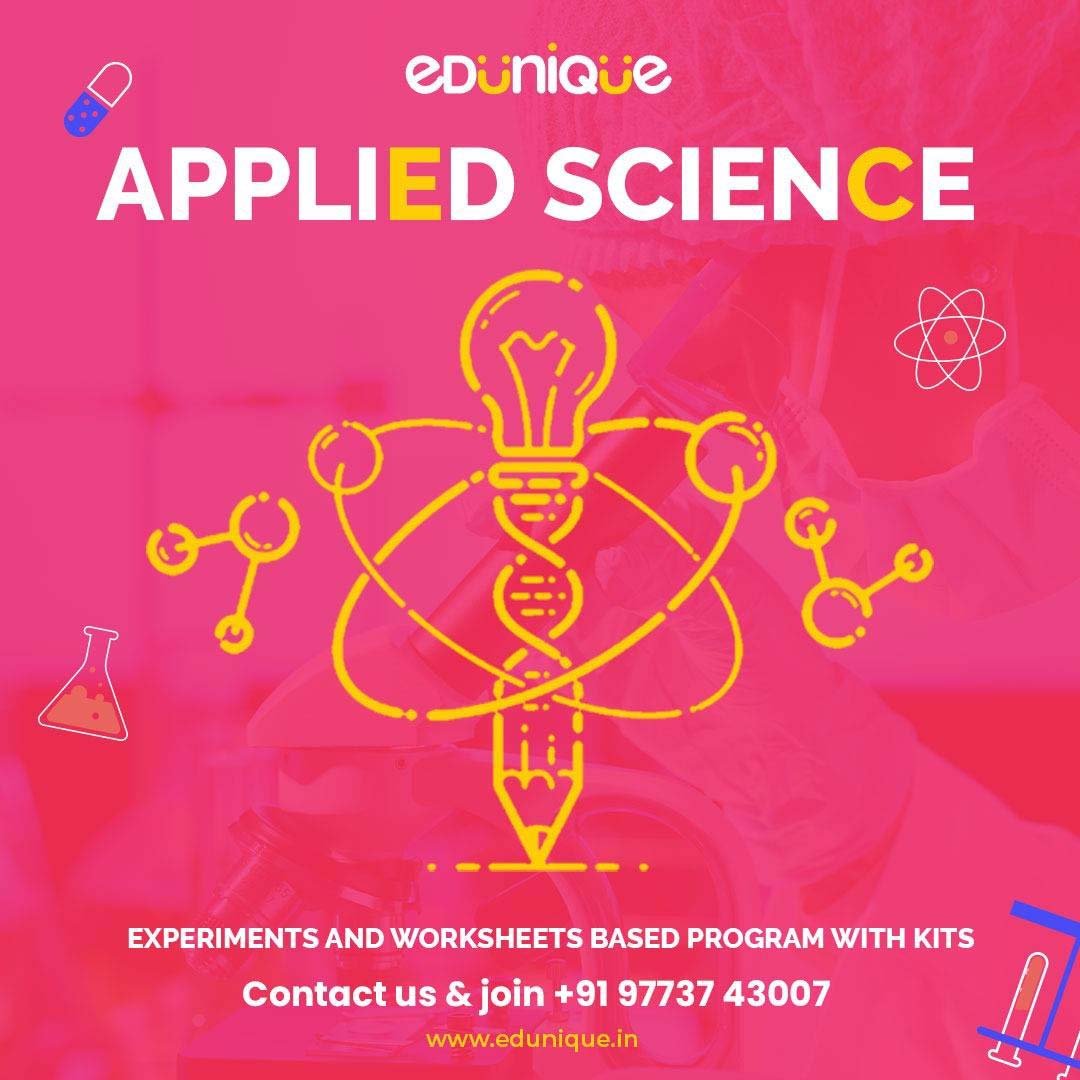
Applied Science
- Customized Curriculums & Plans
- Individualized Classes
- Skill Development
- Mentoring
- Free Content

Applied Mathematics
- Customized Curriculums & Plans
- Individualized Classes
- Skill Development
- Mentoring
- Free Content
Join now at special introductory Prices and Discounts

